Also attending the conference were Politburo members, Deputy Heads of the Steering Committee: Prime Minister Pham Minh Chinh, Standing member of the Secretariat Tran Cam Tu; Politburo members, Secretariat members, Party Central Committee members, Steering Committee members, leaders of ministries, departments, branches, central agencies, committees of the National Assembly and Secretaries, Chairmen of People's Committees of provinces and centrally-run cities...
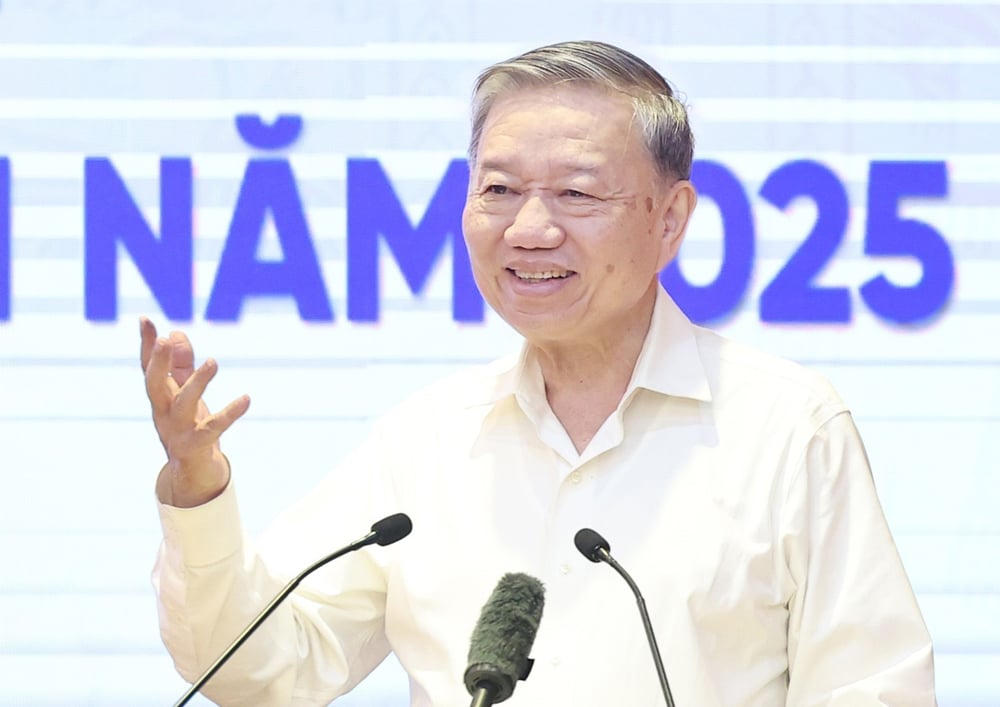 |
General Secretary To Lam speaks at the conference. |
At the Bac Ninh provincial bridge, comrade Nguyen Van Gau, member of the Party Central Committee, Secretary of the Provincial Party Committee, Head of the Provincial Steering Committee on Science , Technology, Innovation and Digital Transformation Development (referred to as the Provincial Steering Committee) chaired.
Also attending were: Vuong Quoc Tuan, alternate member of the Party Central Committee, Deputy Secretary of the Provincial Party Committee, Chairman of the Provincial People's Committee; Nguyen Thi Huong, Standing Deputy Secretary of the Provincial Party Committee; Nguyen Viet Oanh, Deputy Secretary of the Provincial Party Committee, Chairman of the Provincial People's Council; Nguyen Huong Giang, Deputy Secretary of the Provincial Party Committee; Lam Thi Huong Thanh, Standing Vice Chairman of the Provincial People's Council; Mai Son, Vice Chairman of the Provincial People's Committee; members of the Provincial Steering Committee; the working group assisting the Provincial Steering Committee; leaders of relevant departments, branches, sectors and units. The conference was connected online to 99 commune and ward bridge points in the province.
At the beginning of the conference, the Central Steering Committee for Science, Technology, Innovation and Digital Transformation launched three application platform systems to serve the implementation of Resolution No. 57-NQ/TU dated December 22, 2024 of the Politburo on breakthroughs in science, technology, innovation and national digital transformation (referred to as Resolution No. 57). These are the Communist Party of Vietnam Electronic Information Portal; the system for monitoring and evaluating Resolution No. 57; and the information system for receiving and processing feedback, recommendations, and innovative solutions for science, technology, innovation and national digital transformation.
The launch of the three application platforms is an important milestone in the implementation of Resolution No. 57, contributing to the innovation of the Party's leadership method; establishing a centralized management mechanism to connect digital data, ensuring the requirements for monitoring and tracking progress assigned by the Central Steering Committee.
Speaking at the opening of the conference, comrade To Lam affirmed that Resolution No. 57 is strategic in nature, shaping the path of rapid and sustainable development of the country in the new period, especially in the context that the whole country is striving to complete the goals of the term and the two-level local government model officially operates in 34 provinces and cities from July 1.
He emphasized that this was the second working day since the new apparatus was put into operation and the first national conference organized under the two-level local government model. He highly appreciated the Standing Committee and the Central Steering Committee for actively and proactively advising on the issuance of comprehensive and strategic plans to develop science and technology, innovation, and promote comprehensive digital transformation in the political system.
The issued plans and three launched platforms demonstrate the innovation in the way of implementing and carrying out the Party's resolutions, opening up a more transparent, modern, scientific and effective way of working.
The General Secretary asked the delegates attending the conference to focus on clarifying difficulties and obstacles, especially recommendations and proposals of ministries, branches and localities in implementing Resolution No. 57.
The report summarizing the work in the first 6 months of the year and the key tasks for the last 6 months of 2025 presented at the conference highlighted a number of important results. Regarding the improvement of institutions and policies, the National Assembly passed two important laws: the Law on Science, Technology and Innovation; and the Law on Digital Technology Industry. These are two fundamental laws, creating a new legal corridor, demonstrating the profound innovation thinking of the Party and State, prioritizing the development of strategic technology fields such as artificial intelligence, semiconductors, big data, etc.
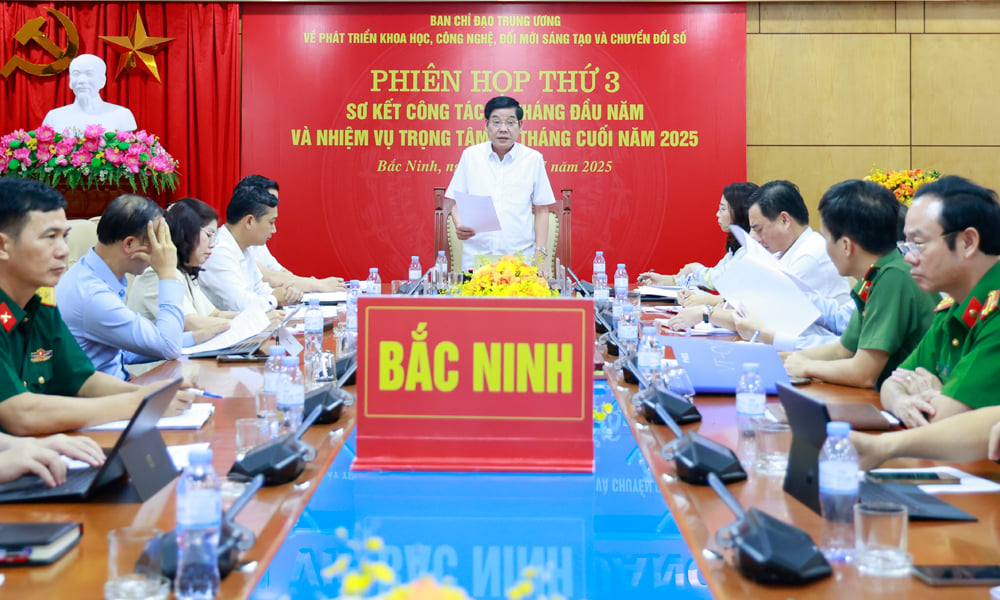 |
After the Central Committee's online conference ended, comrade Nguyen Van Gau gave a speech directing some contents at the Bac Ninh province bridge point. |
Regarding direction and management, the Central Steering Committee has operated resolutely, systematically and creatively. Each specific task has been clearly assigned, closely supervised and associated with the responsibility of the leader.
Regarding digital transformation, building digital infrastructure and developing data, the monitoring system is put into operation, helping to monitor the progress and results of task implementation online, transparently and promptly.
To date, the country has deployed 12,106 5G stations, covering more than 26% of the population, aiming for 90% of the population to have access to 5G by the end of 2025. The country's science, technology and innovation ecosystem continues to develop strongly. Notably, the Central Steering Committee has developed and implemented Plan No. 02-KH/BCĐTW dated June 19, 2025 of the Central Steering Committee on promoting interconnected, synchronous, fast and effective digital transformation to meet the requirements of restructuring the political system's apparatus (referred to as Plan No. 02).
At the same time, large domestic technology enterprises actively accompany and participate in promoting digital transformation. Currently, the country has 858 science and technology enterprises; 45 high-tech enterprises; more than 73 thousand digital technology enterprises operating...
In addition to the achieved results, the implementation of Resolution No. 57 still has shortcomings and limitations. Some tasks are behind schedule; institutions and policies in many areas are not synchronized and do not meet practical requirements; national digital infrastructure and data are still scattered; connecting and sharing data is still difficult, especially high-quality human resources are still lacking, especially in key technology industries...
Discussing at the conference, delegates proposed issuing guidelines to effectively implement Resolution No. 57; training ministries, branches and localities to master the operation of the electronic task management system; ensuring that 100% of communes can directly report on the electronic system, minimizing paper reports and shortening information processing time.
At the same time, there are solutions to focus on eliminating "wave depressions and power shortages", especially in remote areas; there are policies to encourage investment in new and breakthrough technology fields; increase resources for digital transformation, science and technology development, etc.
Speaking here, comrade Pham Minh Chinh emphasized that in the coming time, sectors and levels need to mobilize social resources, encourage resources from the people to continue developing digital infrastructure according to the roadmap, appropriately, without waste, with key focus. In particular, it is necessary to prioritize the development of data infrastructure at the commune, sector and provincial levels; mobilize resources to support electricity in remote areas.
Continue to do a good job in developing, attracting, and cooperating to create high-quality human resources. Regarding popular digital literacy, communes and wards, especially those in remote areas, establish community support groups to support people during the summer.
All levels and sectors need to cut unnecessary administrative procedures; decentralize and delegate power more strongly; continue to cut administrative procedures to reduce time and costs for people and businesses. At the same time, focus on building processes and standards to evaluate implementation results; reward individuals and groups with good, creative and effective ways of doing things; strictly handle violations...
Concluding the conference, Comrade To Lam requested ministries, branches and localities to promote the spirit of innovation, take drastic actions, focus on direction and administration; effectively implement key tasks, ensure progress, quality and set goals.
Heads of ministries, branches and localities must enhance their sense of responsibility and prioritize resources to complete assigned tasks, especially unfinished tasks.
He assigned the Central Propaganda and Mass Mobilization Commission to preside over and coordinate with media agencies to develop an extensive communication program on the breakthrough contents of the Law on Science, Technology and Innovation; promote the role of data platforms in promoting comprehensive digital transformation; innovate in public services, and apply digital technology to strengthen trust among scientists, the business community and the people.
Ministries and agencies urgently develop and prepare sub-law documents; issue mechanisms and policies for the development of science, technology, innovation, digital transformation, and avoid dispersion of resources.
Ministries, sectors, localities, enterprises, research institutes, and universities proactively seek opportunities, propose initiatives and projects that are suitable to their capacity and development strategy, and participate in strategic systems and breakthrough initiatives. Timely detect and propose solutions to remove difficulties and obstacles, ensuring that breakthrough initiatives and strategic systems are implemented on schedule and effectively.
Based on their functions and tasks, ministries, branches and localities urgently and effectively implement the assigned tasks in Plan No. 02 on schedule.
The Ministry of Public Security and other ministries and agencies urgently complete the construction, put into operation and use the National Data Center; national databases, specialized databases, according to the roadmap, ensuring "correct - sufficient - clean - alive" data.
At the same time, there are guidelines for exploiting, using and connecting, sharing and analyzing data in industries and fields to promote national digital transformation and serve socio-economic development; handling the responsibility of the head if there is a delay without a valid reason.
Ministries, ministerial-level agencies, People's Committees of provinces and centrally run cities promote connection and data sharing. The Ministry of Science and Technology presides over and coordinates with the Ministry of Finance, the Ministry of Industry and Trade and other ministries, branches and localities to continue deploying digital infrastructure, 5G coverage nationwide, in conjunction with promoting the deployment of satellite Internet; urgently overcome the situation of villages and hamlets with low signal and lack of electricity.
The Ministry of Industry and Trade presides over and coordinates with relevant agencies to ensure a stable source of electricity to meet the requirements of national digital transformation. Provincial and municipal Party Committees direct the allocation of financial resources, ensuring smooth network transmission to the commune level, serving digital transformation activities at the local level.
He assigned the Ministry of Home Affairs to preside over and coordinate with the Ministry of Science and Technology, the Ministry of Education and Training, and the Ministry of Finance to urgently develop and promulgate mechanisms and policies to attract domestic and foreign human resources and talents, especially high-quality human resources in key technology industries.
The Ministry of Education and Training shall preside over the development and submission to competent authorities for promulgation of a higher education strategy framework; and promulgate special preferential policies to attract leading experts to return to work in the country.
The Ministry of Science and Technology presides over and coordinates with relevant ministries and agencies to develop a project to develop and utilize talents, especially leading experts, to serve the development of science, technology, innovation, and national digital transformation.
The Ministry of Science and Technology and the Ministry of Finance, based on proposals from ministries, branches and localities, advise the Government to submit to the National Assembly to allocate sufficient state budget for the development of science, technology, innovation and digital transformation.
Guide and urge ministries, branches and localities to register capital, prioritize key, inter-sectoral, inter-regional projects with breakthrough and widespread nature; allocate sufficient resources, focus on key science, technology, innovation and digital transformation tasks with breakthrough and widespread nature.
After the online conference at the Central level, giving a speech at the Bac Ninh provincial bridge, comrade Nguyen Van Gau requested the Provincial Party Committee Office to urgently coordinate with the Provincial Party Committee's Organizing Committee to establish a Provincial Steering Committee on science, technology development, innovation and digital transformation of the new Bac Ninh province. On that basis, focus on performing tasks, promptly advise the provincial leaders to direct the contents according to the direction of the General Secretary, Head of the Central Steering Committee.
Communes and wards focus on directing, supporting and providing the best service to people and businesses coming to do administrative procedures; promoting a sense of responsibility, taking people and businesses as the center of service. At the same time, promptly summarize difficulties in equipment for work so that the province can consider and balance support to improve operational efficiency.
Provincial agencies, departments and branches increase support for communes and wards, initially selecting 1-2 officials with solid professional skills to advise and support the commune level in the process of implementing the tasks of two-level local government.
Source: https://baobacninhtv.vn/tao-chuyen-bien-thuc-chat-trong-phat-trien-khoa-hoc-cong-nghe-doi-moi-sang-tao-chuyen-doi-so-postid421106.bbg




![[Photo] Prime Minister Pham Minh Chinh chairs the 20th meeting of the Steering Committee for important national projects and works](https://vphoto.vietnam.vn/thumb/1200x675/vietnam/resource/IMAGE/2025/9/10/e82d71fd36eb4bcd8529c8828d64f17c)
![[Photo] Giant pipeline leading water to West Lake, contributing to reviving To Lich River](https://vphoto.vietnam.vn/thumb/1200x675/vietnam/resource/IMAGE/2025/9/10/887e1aab2cc643a0b2ef2ffac7cb00b4)


![[Photo] President Luong Cuong hosts state reception for Governor-General of Australia](https://vphoto.vietnam.vn/thumb/1200x675/vietnam/resource/IMAGE/2025/9/10/a00546a3d7364bbc81ee51aae9ef8383)




















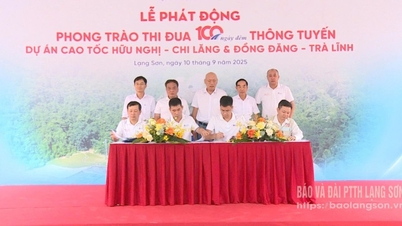









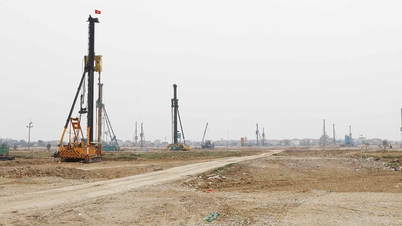
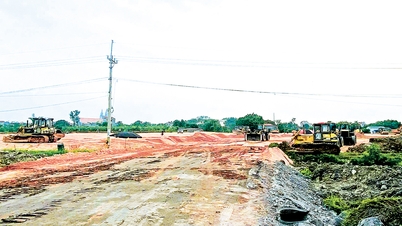





























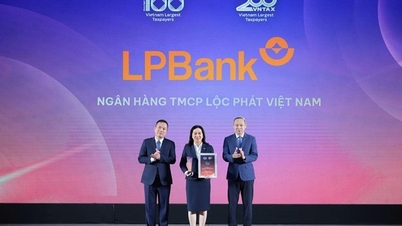
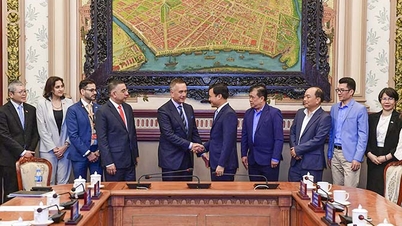


















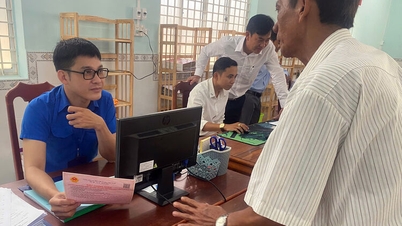



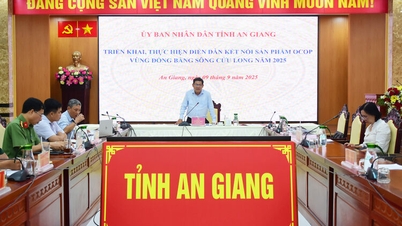









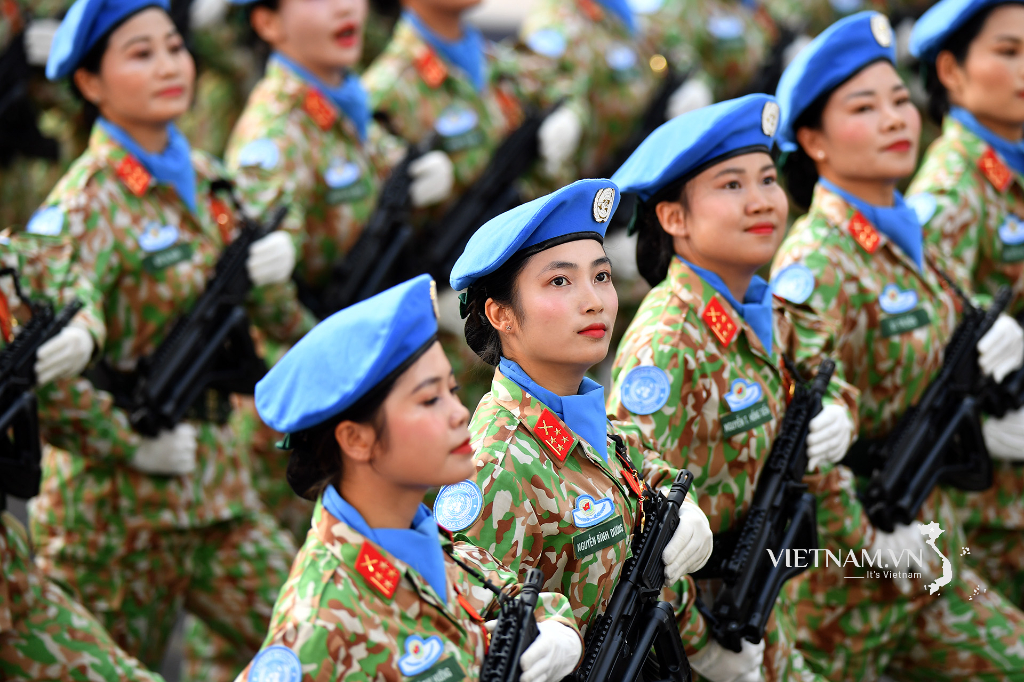
Comment (0)